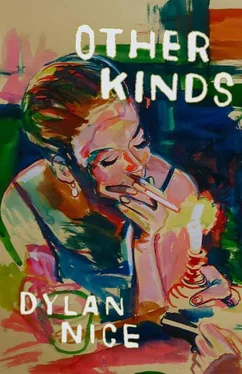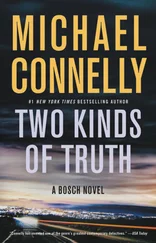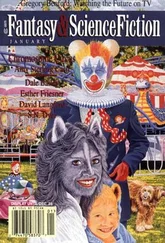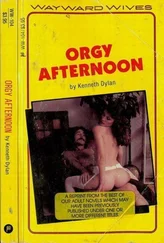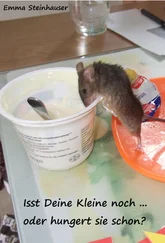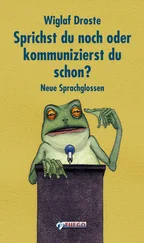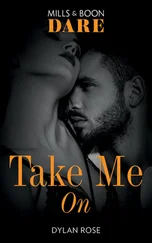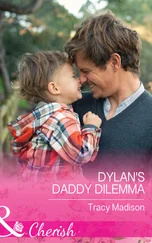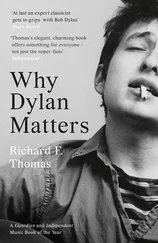We lay down on the couch, the box fan blowing in hot air from outside, while we both sweated from the brow. She still smelled clean, the shampoo in her hair, perfume on her neck. The sweat on my palms was soaking the bandages and making my fingers burn. It had gotten dark outside.
My phone started ringing and I ignored it until the third call when Emily said I should pick it up. It was Bob. Bob wore a beard and had grown up outside Duluth, Minnesota, the son of an electrician and a homemaker. He lived in a seedy building downtown occupied mostly by undergraduates who wouldn’t make it to their junior year.
“I have a fresh fish opportunity for you,” he said. “I went fishing today. Need a place to clean them. Can I use your backyard?”
I was tired, woozy from blood loss.
“Sure,” I said, “but I sliced open an artery today on some glass. Had to go to the emergency room, so I won’t be much fun.”
Bob came up the sidewalk carrying a white five-gallon bucket and wearing pants even though he was sweating badly. Though it was dark, the ground had held the day’s heat in and was breathing it back out onto us.
I got a cutting board and some newspaper for Bob and put a lamp out on the picnic table just outside the back door. Their backyard sloped gradually to the woods and right before the tree line was a homemade stage where the poet couple hosted readings by lamplight and readers spoke over the wind like in a dream. I sat down with a beer, though I’d been told not to drink and watched Bob run his filet knife under the fishes’ skin. He talked about what he was doing, where you started cutting, how you finished it. Emily pulled her chair closer and asked questions. Bugs were coming up from the wet ground and buzzing in our ears, landing and biting. I gathered some citronella candles from the front porch and lit them, put them around our feet. Bob butterflied the fish, cutting sheets of meat from their sides and placing them in a freezer bag. The heat made everything slow, painful, and I thought about wanting to be left alone.
Max barked from inside the house but the sound elicited nothing in me.
Bob hosed off the table when he finished, and sat for a moment on the porch, drinking from a beer I’d given him. I told him how it’d happened: the break, my own grip pushing the glass into me. He said he’d cut himself bad a few months before.
“You forgot what urgency is,” he said, sweat beaded on his face, “until something like that happens.”
“I didn’t have to think about what to do at all,” I said.
There were no misunderstandings between Bob and me. He got everything I said exactly how I intended it. He ashed his cigarette and breathed heavy, holding his head up a little. Emily asked him a question and Bob answered it quickly and flicked his cigarette into the grass.
“It’s time for me to go,” he said.
He took his bucket and headed back down the hill toward town.
“Do you want me to go, too?” Emily asked.
“No,” I said, not certain if that were true.
“I could help you clean up.”
I turned the shower on lukewarm and let it run while I got a grocery bag to tie over my hand. She stood there in a blue dress, her straps showing over her shoulders, waiting for me to ask her to help. I remembered a few weeks earlier when we had arranged to meet up early for breakfast. That morning I forced myself up, drank a cup of coffee and smoked a cigarette outside my apartment not sure if I wanted to see her. The morning air was cool and I took the last anxious drag off my cigarette, but then coughed until I threw up the still-warm coffee onto the parking lot. My eyes were watery and my throat burned, but I felt quiet, everything was vivid, the last of the fog, the sun, eventually her car pulling into my drive.
She was careful of my fingers while she pulled the rubber band over the bag and down to my wrist.
“Think this’ll do,” she asked, standing close, but looking down.
“Yes,” I said.
She went in the bathroom, shutting the door only a little, the shadow of her moving through the gap. I got two citronella candles still burning off the porch. Max followed me onto the bathroom mat and sat down, watching me set one candle on the window sill and the other on the toilet tank. I flipped the light switch and the room got soft from the candles and steam. The shower was warmer than I thought she’d make it. She brought the soap to my chest. I leaned in but held the damaged part of myself outside the curtain, away from us.
The road to the brick hospital was lined with trees bleeding their color. My father drove slowly since there was no other way to drive to this. Beside him, my mother’s illness talked, wheezing, mumbling. Sometimes it was the silence itself that sounded sick.
My brow was thicker now and I held it stiffly to look angry. He’d taken me from school, where girls wore denim in the dust and autumn heat and their walks made me certain about my own death.
I lit a cigarette in front of the buses already lined up and rattling with diesel, and when our car pulled up, he said nothing. He only needed me to sit still and not speak while the sun was hot through the window and my mother died.
I breathed her smell and felt the trees shade us as the mountains closed the sky.
The same women who work in all hospitals walked heavily through the hallways, plain-faced nurses cleaning away indignity. Wires ran through most things, along the walls, through glass, the countertops, bundled in corners, and clocks inside wire cages uselessly pointed at numbers. I sat beside her bed, my hands splayed across my legs, my palms dampening my jeans.
My father didn’t cry, but his eyes exhausted the gravity of this all. Not just dead wives and white dresses in boxes somewhere, but every image as it came, the tomatoes she stewed, our planked floors and low ceilings, the garage’s oily rags, and the gravel alley he walked down at five, coal-covered, coughing, his big hands against his darkened face. He walked through the beginnings of the cold, quietly toward our house, his heat blowing off into the bigness.
He rubbed his short hair with his young hand. There needed to be a war someplace close. He was in his bathroom, running the hot water. The war, if it was a good war, would be in the summer. He stood in a white shirt at the mirror, knowing he’d have to go to the war once it came. And then there would be a woman he loved waiting for him in the hallway. She’d leave the lights off while he washed his face, because it was night now and she saw the white of his shirt through the dark. The two of them would wait together for a nearby violence, somewhere just past the summer.
He dried his face and lay down to sleep. His days were mostly sleep and he awoke to that state in which you can’t make one word suggest a second one. The clothes he put on were limp with his dirt — like his sheets, they were starting to show some color of him.
He went to school in buildings whose wide layouts evidenced a softening of the body. His classes were exchanges of vocabulary, the assignment of new words to things that were not ideas.
“Pain,” he’d say. The others would scowl down at their papers.
“Negative stimulus,” the teacher said.
After class, at intersections he waited for a car to come, crash into him, and help him finally feel his bones through the safety around him. The cars stopped. Housewives watched him cross, disinfecting their hands.
This was the interior of the country, where he hadn’t been raised and where it was difficult to discern whether the people were capable of romance. In an attempt to produce that helpful anxiety, he stopped eating and then when very hungry, he ate. This was useful for a week. He tried his religion again, but could not conjure the fear of oblivion that had once transformed him — back when he misremembered himself according to his best stories.
Читать дальше
